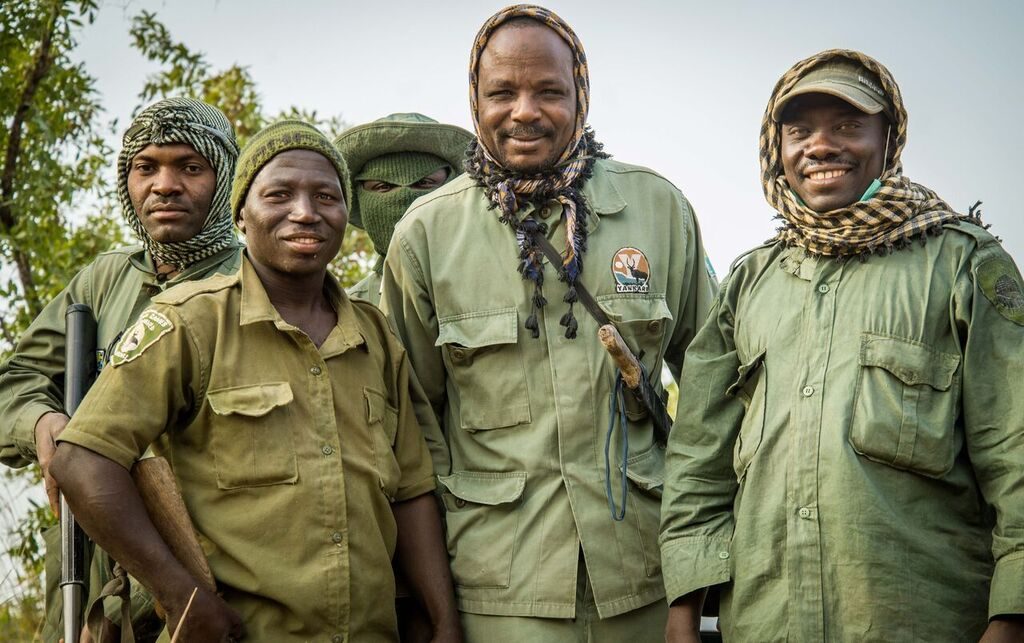Nigeria remains an example of how traditional beliefs can be used to preserve wildlife in alignment with the nation’s cultural values. This unique combination showcases the society’s deep appreciation for multiculturalism and its commitment to wildlife conservation.
Beliefs native to cultural heritage tend to respect wildlife and closely relate to it. Several great natural features are imbued with cultural significance, particularly through worship among pre-scientific communities, thereby contributing to their protection.
Traditional knowledge may also help in understanding how resources can be used efficiently concerning the current strategies for the protection of natural resources. Nigeria’s cultural composition intertwines with diverse beliefs, as each culture has a different perception of wild animals.
Thus, it is crucial to acknowledge the importance of tradition in responding to the particularities of the challenges related to conservation in Nigeria’s context. It can therefore be seen that incorporating such beliefs in conservation plans enhances the participation of the community, thus presenting a more honourable method of conservation planning.
Traditional Practices in Nigeria
In some Nigerian societies, sacred groves serve as natural reserves for specific animal species. For instance, the Osun-Osogbo Sacred Grove, a UNESCO World Heritage site, is a sanctuary for various animals. The Efik tribe, for example, prohibits the killing of monkeys for any reason, while different tribes may taboo certain species of wild animals for consumption. These practices have helped conserve some animal species from extinction.
Customs have been established to promote safe hunting and control the exploitation of wild resources. Hunting follows specific rules to prevent the overuse of wildlife, ensuring maximum protection for these species.
There are quite strong perceptions associated with traditional knowledge that emphasize the conservation of natural resources. Tribes have also come up with measures in conservation where the community directly participates in wildlife conservation. For instance, the Yankari Game Reserve in Bauchi State is a prime example of successful community involvement in wildlife management. Local communities have been actively engaged in conservation efforts, including anti-poaching patrols and habitat restoration projects. This has led to a significant increase in wildlife populations within the reserve, with species such as elephants, lions, and hippos making a comeback. Similarly, in Gashaka Gumti National Park, community outreach programs have been instrumental in promoting coexistence between wildlife and residents. Through education and awareness campaigns, communities have learned to value and protect the park’s biodiversity. As a result, incidents of human-wildlife conflict have decreased, and wildlife populations have thrived. Such beliefs and practices help in the attainment of sustainable use of natural resources, ensuring that the use of resources benefits the owner while not depleting the resource in question.
A Case Study: Kpashimi Forest Reserve
A research study conducted on a survey concerning the exploitation of forest resources and measures of forest conservation among the people living close to the Kpashimi Forest Reserve in Niger State supports the concept of Traditional Ecological Knowledge. This includes concepts such as the protection of certain areas as biogeological reserves for endangered species and plants, rituals that forbid the utilization of certain natural resources through ‘no-take’ zones, and myths that outline dos and don’ts regarding the use of natural resources. It also includes harvesting techniques that are based on the spiritual significance of forests and the creatures and plants within them.
Indeed, acknowledging these immense values and the impacts of the ever-changing environment, the natives have recognized the need to integrate the indigenous knowledge system with the modern forestry system. Therefore, it is evident that modern conservation programs should not only acknowledge local beliefs and ideas but also incorporate them into practice to maintain forest genetic diversity.
Incorporating indigenous knowledge and traditional practices alongside formal conservation strategies is essential for effectively preserving Nigeria’s diverse biological features. Various Nigerian communities demonstrate that respecting cultural beliefs and integrating them into conservation measures can significantly enhance their effectiveness. It is important for people to value the traditional knowledge passed down through generations and recognize the cultural importance of natural resources to expand conservation programs. This approach not only protects wildlife and natural habitats but also fosters a sense of ownership among local communities, leading to long-term conservation success. To address environmental problems and conserve natural resources for future generations, it is important to understand the interconnection between tradition and modernity in Nigeria.

Leave a Reply
You must be logged in to post a comment.